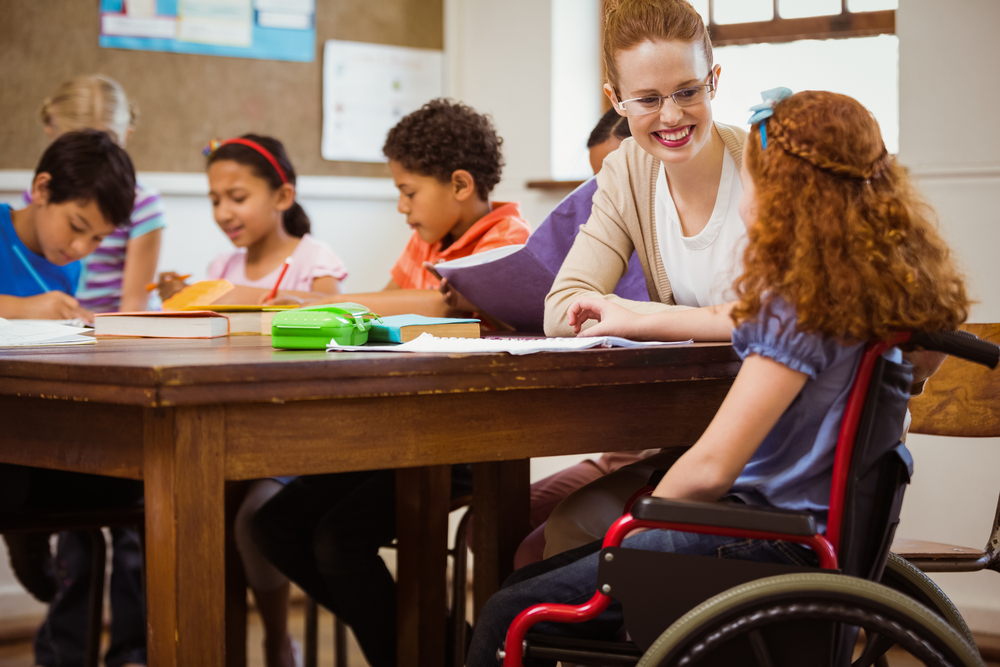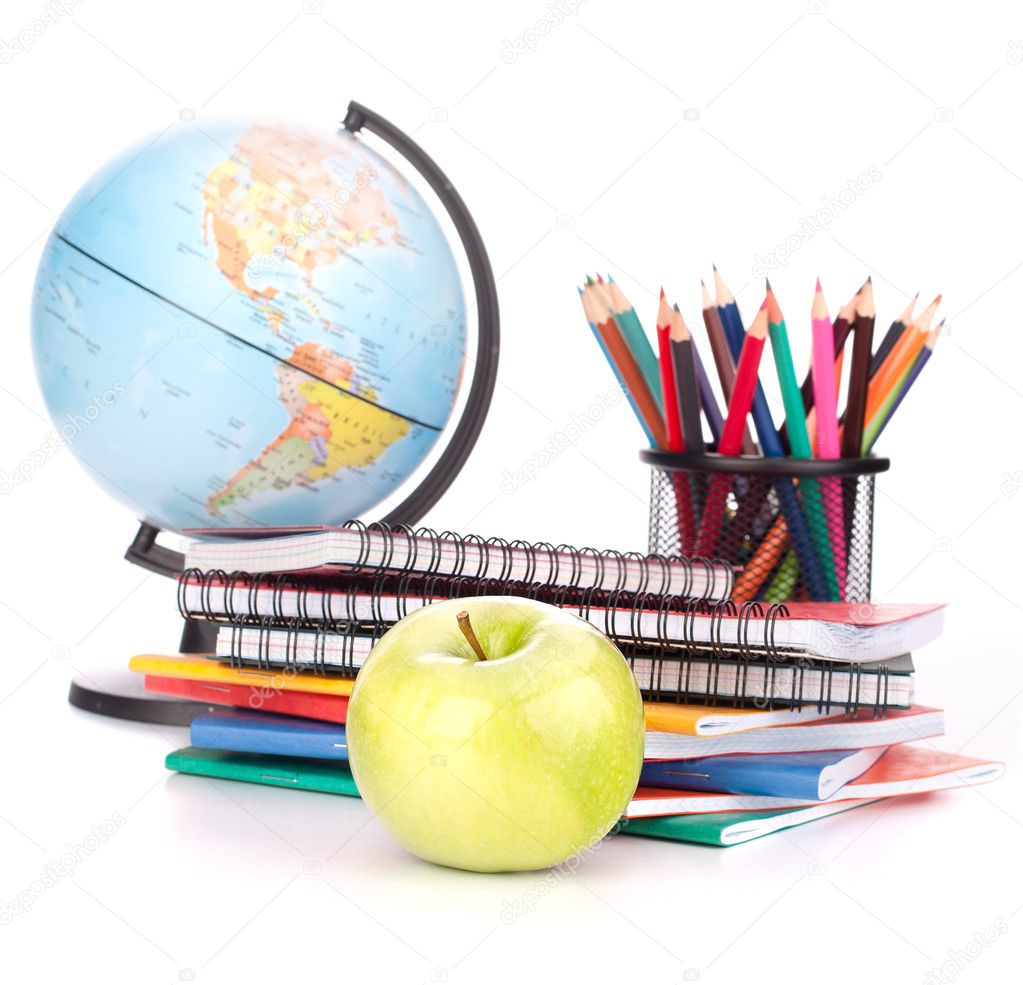Third-Grade Curriculum
Language Arts:
In Grade 3, students will apply their foundational skills to read and write a wider variety of texts with purpose and understanding. They will read and write for a range of tasks, purposes, and audiences, building new vocabulary and strategies for understanding. Students will be able to:
- Demonstrate understanding of a text, referring explicitly to the text as the basis for answers
- Read a variety of genres, including fables, folktales, myths, and informational texts and determine the central message, lesson, ideas and key details
- Determine the meaning of unknown words and phrases, distinguishing literal from nonliteral language, using various strategies (e.g., context clues, affixes/roots, glossaries)
- Refer to and use text features, search tools, and parts of stories, dramas, and poems, using correct terminology (e.g., chapter, scene, stanza)
- Distinguish various points of view (narrator’s, character’s, author’s, own)
- Use information in illustrations to demonstrate understanding
- Compare and contrast themes, settings, plots, characters, and key details across multiple books
- Identify and know the meaning of the most common prefixes and suffixes
- Decode multisyllabic words
- Read 3rd grade irregularly spelled words
- Read 3rd grade books with accuracy, rate, expression, and understanding
- Write opinion, informative and narrative pieces that include introductions, organization, development of ideas and closure
- Know and use the standard English grammar conventions, capitalization, punctuation, and spelling when writing
- Plan, revise, edit, and publish writing based on support and collaboration from peers and adults
- Conduct short research projects to build knowledge about a topic, including taking and sorting notes from multiple print and digital sources
- Speak clearly when making a class presentation or creating an audio recording
Math:
In addition to demonstrating the eight Mathematical Practices, students will be able to:
- Fluently add and subtract within 1,000
- Understand and explain what it means to multiply or divide numbers
- Multiply all one-digit numbers from memory
- Multiply one-digit numbers by multiples of 10 (such as 20, 30, or 40)
- Use multiplication and division within 100 to solve word problems
- Understand the properties of multiplication and/or division (such as commutative, associative, distributive)
- Solve two-step word problems using addition, subtraction, multiplication, and division
- Understand the concept of area and measure area by counting square units
- Relate the measurement of area to multiplication and division
- Understand fractions as numbers and identify fractions on a number line
- Compare the sizes of two fractions and understand equivalence
- Express whole numbers as fractions and identify fractions that are equal to whole numbers
- Measure weights and volumes and solve word problems involving these measurements
- Tell and write time to the nearest minute and measure time intervals in minutes
- Represent and interpret data
Social Studies:
Students will be able to:
- Identify the cultural elements and contributions of Native American tribes
- Define some of the ways that Native Americans adapted to the land and used natural resources to meet basic needs
- Identify who the Pilgrims were, where they settled, and how they adapted to the land
- Locate and explain the significance of the Appalachian Mountains, Wilderness Road, Santa Fe and Oregon Trails
- Explain how recycling and conservation help save the earth
- Recognize that there are different forms of United States governments, e.g., town council, city council, state, and national government
- List the rights and duties of citizenship
- Trace the development and growth of Chicago and the relationship of the city to surrounding communities
- Name important figures and landmarks in the history of Chicago
- Identify important features of a map
- Read and apply information from different types of maps, charts, graphs, and diagrams


Science:
Students will be able to:
- Observe lunar phases and simulate the relative motion of the Earth and Moon
- Create products based on student research of space topics (solar system, space travel, moon exploration, etc.)
- Discuss the concept of gravity as well as the concept of “up” and “down”
- Simulate a rocket launch and a hypothetical trip into space
- Experiment with sound as a form of energy
- Identify the parts and function of the ear
- Investigate the proper care and health of the ear
- Experiment with live specimens (sow bugs, guppies, etc.) to investigate how they respond to changes in their environment
- Discuss properties of matter
- Identify and practice methods of measuring matter
Interpersonal Communications:
Students will be able to:
- Initiating peer interactions during class, lunch, recess
- Appropriate ways to communicate needs or wants
- Appropriate ways to ask a question
- Appropriate ways to greet a teacher vs. a peer
- How to say "No" in different situations
- Sharing opinions in different manners
Social and Emotional Learning:
Students will be able to:
- Self-awareness
- Self-management
- Responsible decision making
- Social awareness
- Relationship skills
- Organization and Study Skills
**This is the curriculum for a general education 3rd grade classroom. Accommodations and modifications will be made to meet IEP goals and to promote inclusion for all of our students.
***Additional Information***
At our school we have three 3rd grade classrooms. Therefore, us three teachers work together. We share our different ideas with each other to create the most unique lessons and activities for our students. We also stay connected with the 4th grade teachers to make sure that we are preparing our students properly for the upcoming year. We have meetings every Wednesday to discuss anything going on in the school that may be important or to discuss anything positive. At our school we try to all stay connected with each other and be a support team.
---------------------------------------------------------------------------------------------------------------------------------------------
Parent/Teacher Conferences
November 13-15
** If you have not made an appointment with me yet, please do ASAP!!
